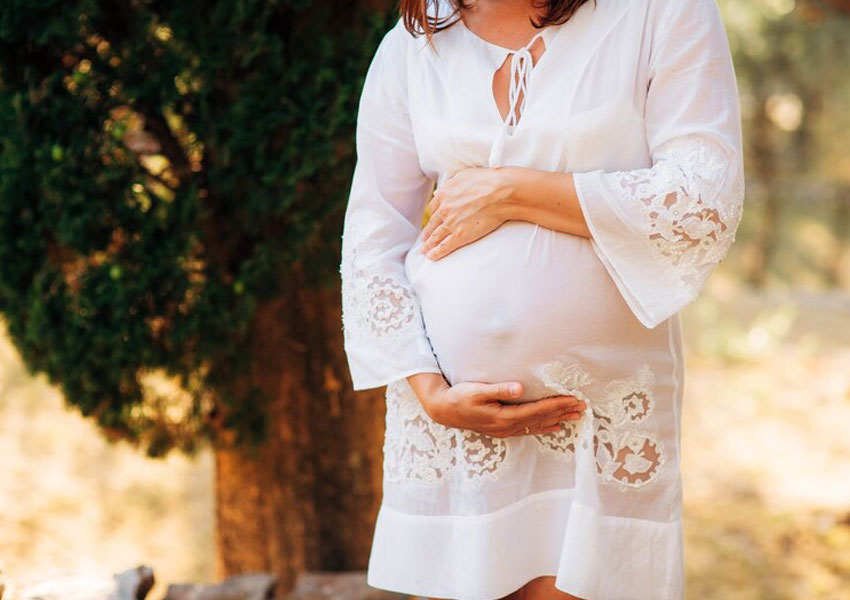Comparing In Vitro Fertilization (IVF) and Natural Conception
Understanding the Differences and Similarities
In Vitro Fertilization (IVF), has become a significant option for couples who want to have children but are unable to conceive naturally. However, many people wonder about the differences between conceiving via IVF treatment and conceiving naturally. While the pregnancy processes may seem similar, there are certain differences between these two methods.
Is There a Difference Between the Pregnancy Process of IVF Treatment and Natural Conception?
Firstly, the entry into the pregnancy process after IVF treatment shows some differences compared to natural conception. With IVF treatment, there's typically a more intensive monitoring process, involving regular blood tests, ultrasounds, and doctor visits. In the early weeks of pregnancy, doctors commonly perform this monitoring to check whether the embryo is developing healthily or not.
Additionally, pregnancies following IVF treatment generally have a higher rate of multiple births, such as twins, triplets, or more. This usually stems from the transfer of multiple embryos. However, carrying multiple fetuses has risks, necessitating a more careful monitoring of these types of pregnancies.
On the other hand, some women who become pregnant through IVF treatment may experience more anxiety and stress throughout their pregnancy. This can be due to the cost of IVF treatment, the emotional burden tied to the treatment, and fear of failure.
However, once a healthy pregnancy is achieved, pregnancies attained via IVF and natural conception are generally quite similar. As the baby grows, the progression of pregnancy and eventually the process of giving birth are generally similar among women who become pregnant via IVF treatment and natural conception.
The differences between IVF treatment and natural conception are generally more pronounced in the early stages of pregnancy. The monitoring process after IVF treatment can be more intensive and the likelihood of multiple pregnancy is higher. However, once a healthy pregnancy begins, the process generally progresses similarly to natural pregnancy. In both cases, regular check-ups and consultations with a health professional are important to best protect the health of both mother and baby.
Is There a Difference Between Babies Born Through IVF Treatment and Natural Conception?
Whether it's through IVF treatment or natural conception, you have the chance to bring a healthy baby into the world in both scenarios. However, there can be some differences between these two methods.
Firstly, women who become pregnant through IVF treatment have a higher likelihood of having multiple babies. This usually happens as a result of the implantation of multiple embryos into the uterus. Therefore, the probability of babies born through IVF treatment being twins, triplets, or more is higher than natural conception.
This situation can also lead to some differences in postnatal care and development. Multiple births can often result in earlier delivery, which can increase the chance of babies needing intensive care. However, modern medical technologies and methods assist in managing multiple births in a healthy manner.
Babies born through IVF treatment are generally as healthy as babies born through natural conception. However, there may be a slight increase in risk. For example, the chances of babies born as a result of IVF treatment having low birth weight or being born preterm might be slightly higher.
These risks, however, are quite low and generally depend on the overall health status of the mother and baby, the age of the mother, the genetics of both parents, and the number of transferred embryos. These are situations that are closely monitored and managed by medical professionals.
In conclusion, there can be some differences between babies born through IVF treatment and those born naturally. However, these differences are usually minimal and your chance of bringing a healthy baby into the world in both cases is quite high. In both situations, regular medical monitoring and communication with health professionals are key to a healthy pregnancy and birth process.


